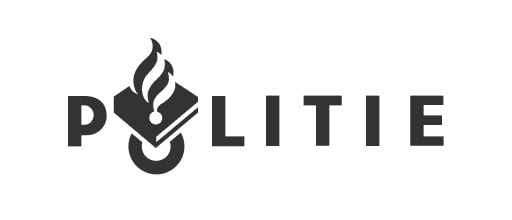
LWO Facilitator
Learn to facilitate Obeya sessions
- Effective team facilitation
- Process optimization
- Visual management techniques
- 2-day training

Assist your team in leading their Obeya sessions
Immerse yourself in the power of leadership and process optimization with our Obeya Facilitator Training. This training provides a profound understanding of visual management, team facilitation, and effective collaboration methods. Learn how to use Obeya spaces to enhance decision-making and continuously monitor and improve processes.”
What will you learn?
- How to optimally, effectively, and sustainably facilitate Obeya routines
- The different roles in sessions and how to deploy them effectively
- How to enhance ownership and discipline within the team
- Tips & tricks for effective facilitator interventions
- Using the LWO Reference Model as a coaching tool
- Identifying and implementing process improvements
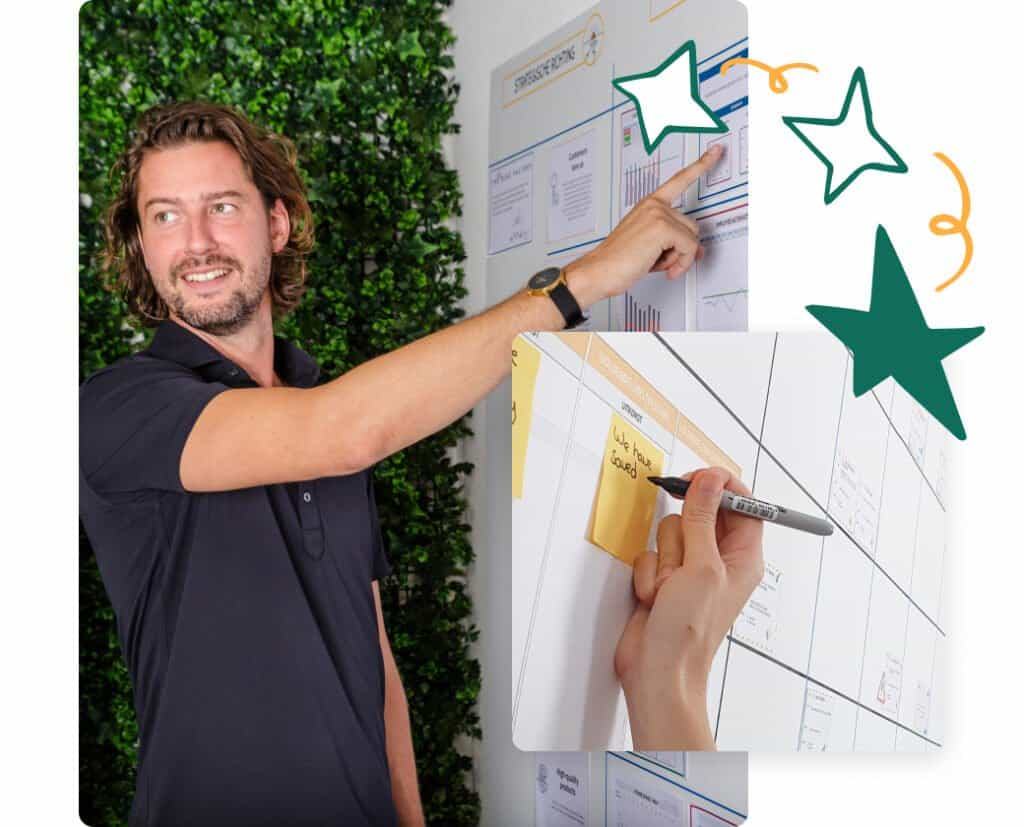
Training Outcomes
- Mastery of effective Obeya session facilitation
- Handling challenges and facilitating communication
- Mastery of visual techniques for clear communication
- Leading powerful and purposeful sessions
- Understanding roles and responsibilities within Obeya
- Skill in timely interventions and the LWO Reference Model
- Enhanced proficiency in decision-making and progress monitoring
- Encouraging a continuous improvement culture
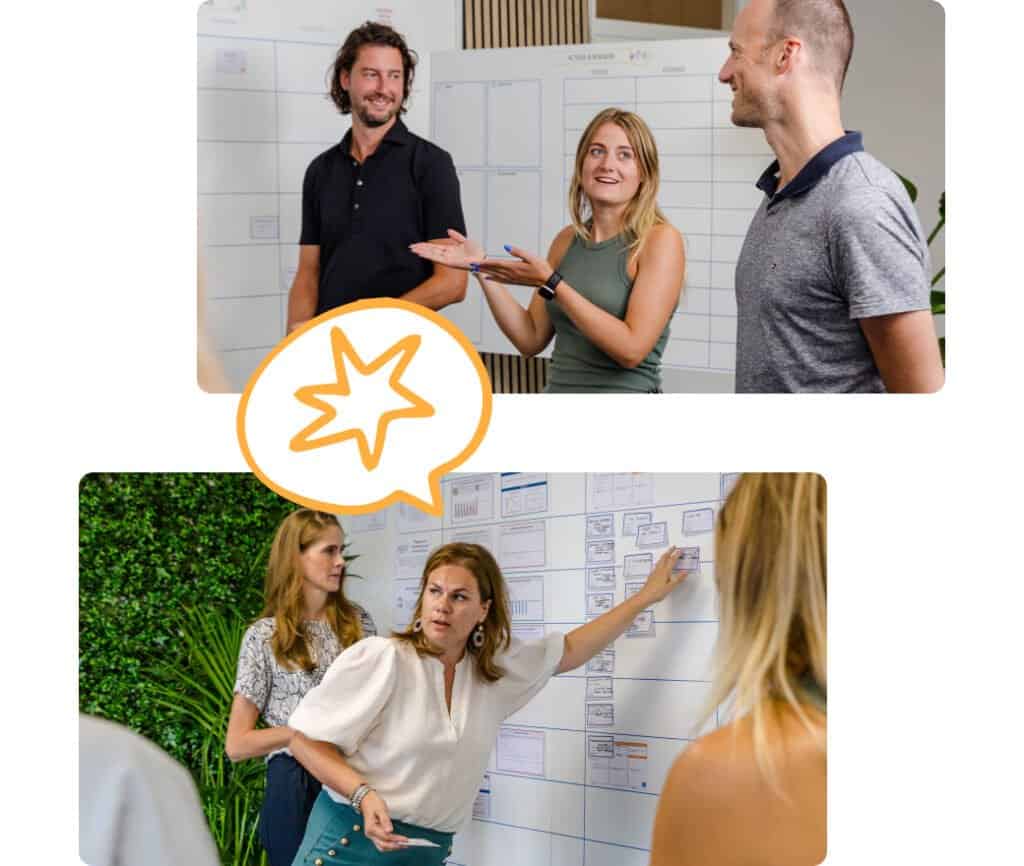
Course Details
Language: Training is in Dutch, unless specified otherwise. For English, contact us.
Duration: 2 days
Requirements: Completion of LWO Foundation
Alternative Dates: Contact us for other training dates
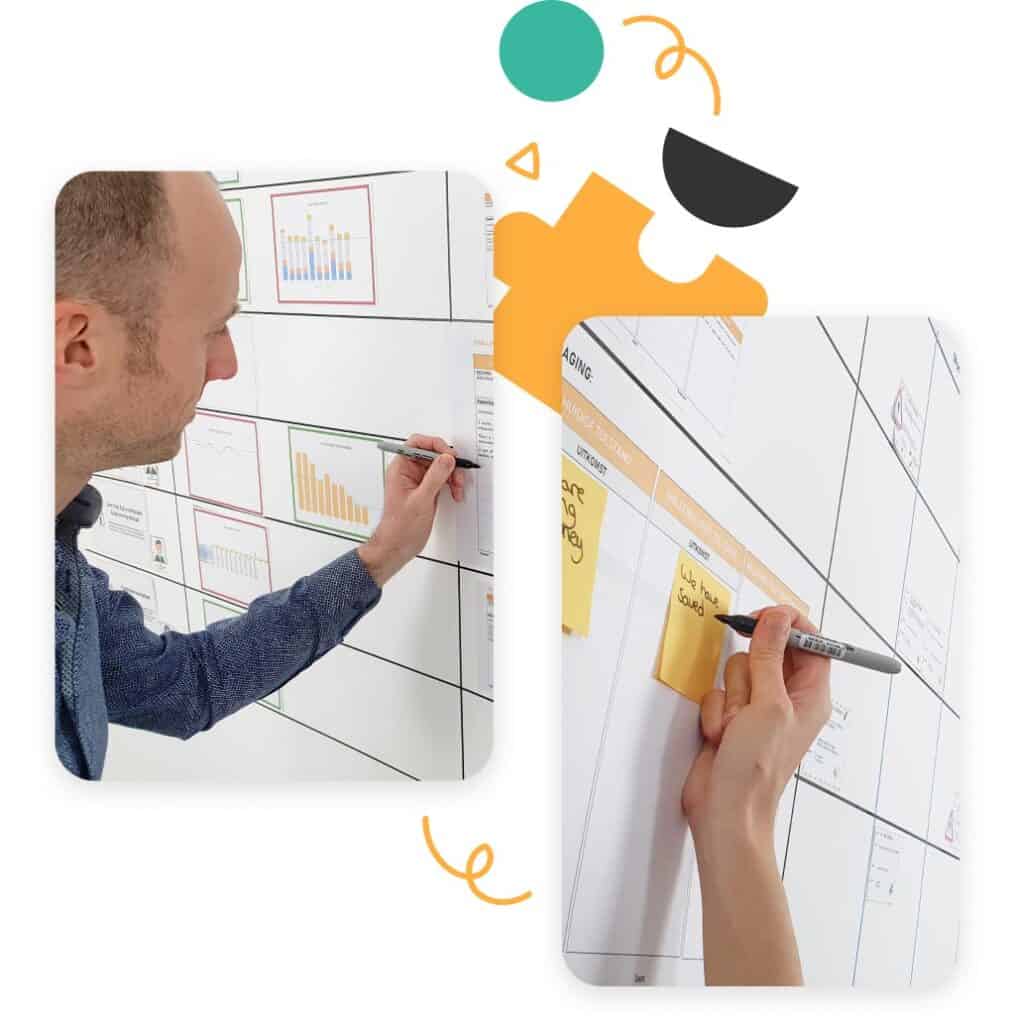
This is what our clients say
Organizations already working with us
FAQ
-
What is the main objective of the LWO Facilitator Training?
The primary goal of the LWO Facilitator Training is to provide participants with the skills and knowledge necessary to effectively guide Obeya sessions, optimize processes, and enhance teamwork. The training offers insights into facilitating Obeya sessions, improved communication skills, effective intervention techniques, and a better understanding of leadership within the context of Obeya.
The training covers topics such as visual management, Obeya routines, team facilitation, interventions, roles within sessions, and the use of the LWO Reference Model.
-
Who should participate in the Obeya Facilitator Training?
The training is suitable for coaches, facilitators, specialists, leaders, managers, and team members involved in process improvement, decision-making, and facilitating collaboration.
-
Is there a prerequisite education for the training?
Yes, completion of the LWO Foundation training is required.
-
How is the training delivered: online or on-site?
The training is conducted on-site, but on certain dates, there’s an option to participate in a hybrid session online. When booking, choose your dates and explore the options.
-
Do you receive a certificate upon completion of the training?
Yes, upon successful completion of the training, participants receive a certificate as proof of their skills as an Obeya Facilitator.
Assist your team in leading their Obeya sessions
Training to meet your needs
LWO Facilitator, request a quote
Request different date
LWO Facilitator, request different date
Brochure in your mailbox
LWO Facilitator, request brochure
Free personal advise
LWO Facilitator, talk to a trainer


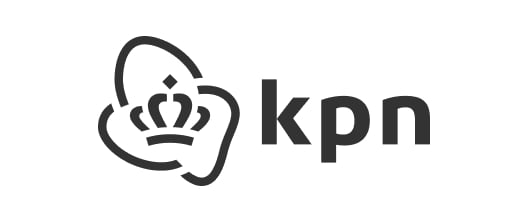
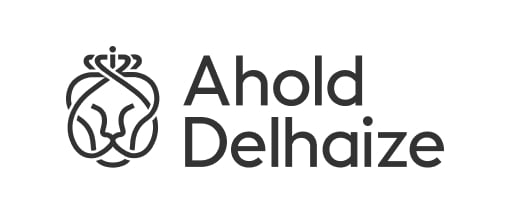

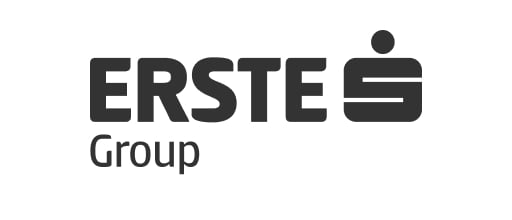
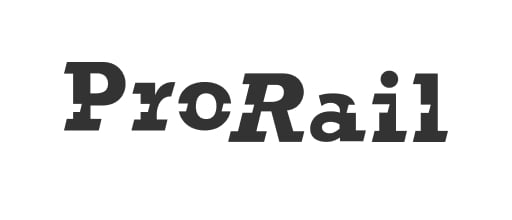
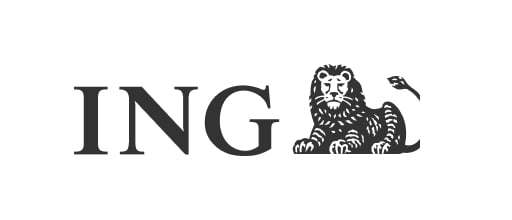
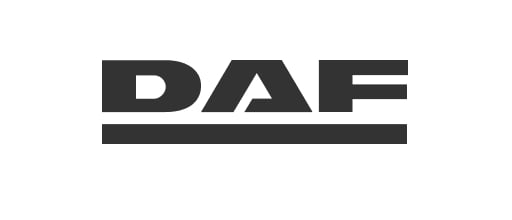
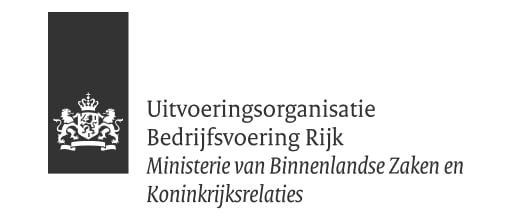
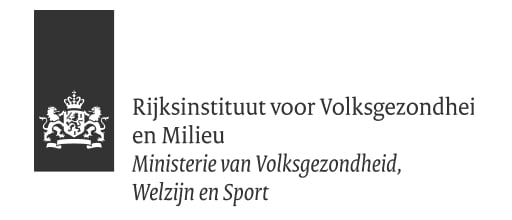
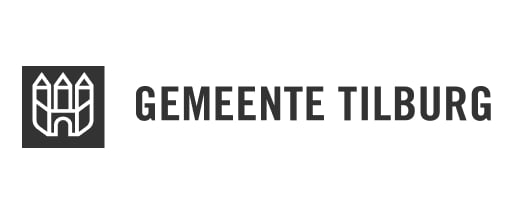

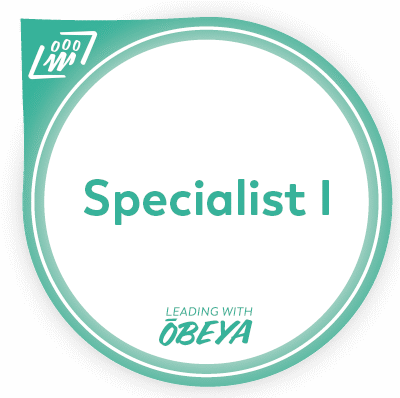

Jelle Luijnenburg –
The training was a nice combination of Obeya’s own case studies, theory and exercises. our trainer (Tim) was able to intertwine this in a good way. Educational and inspiring. Thanks!
Raymond Buis –
Theory is good, but could be applied more in the form of exercises, working methods. learning by doing is the best learning method (making mistakes is the best learning method)
Bertus Groenewegen –
Thank you Reinko de Vries for the cool 2-day Leading with Obeya Facilitation training with many interactive working methods, room for practical cases and humour. As a suggestion for improvement: during case practice > working with fictitious name badges and position.
Ron van Vliet –
Top training: lots of content and interaction and role plays
Marije Witvliet –
Strong focus on behavior and influence from facilitator instead of content. Very relevant with very good tips to use in practice. Clear practical experience included in the training. A tip would be to make cases more organization specific so that the focus is even more on facilitator behavior. Adaptability trainer very strong, looked at what the group needed related to the experiences.
Annelies de Meyere –
Great training, though I got a bit lost in structure of which topics we covered at what point. Good interaction with the group and very detail oriented explaining the why and reasoning behind the facilitation.
Thea Kuipers –
I have received many tools to properly fulfill my role as a Facilitator. The two days were sufficient and there was enough room for your own input. I would like to have a refresher in the form of some handles on paper.
Marije –
Nice, practical training with plenty of room for personal input and sharing & learning from each other’s experiences.
Iris Spekman –
I attended the training before I started as a facilitator. The disadvantage of this is that the rituals we practiced with could have been discussed in more detail for me, but the big advantage was that I was able to make a better start in our team.
Lisette Graafsma –
Highly recommended for anyone who seriously wants to work with Obeya. Do the Fundamentals and the Facilitation, and then you can really get value from working with Obeya.
Martin Hartman –
The training was done in an Obeya way in which your learning goals and learning questions were treated concretely. Training in a small group so that there was a lot of attention for the individual participants.